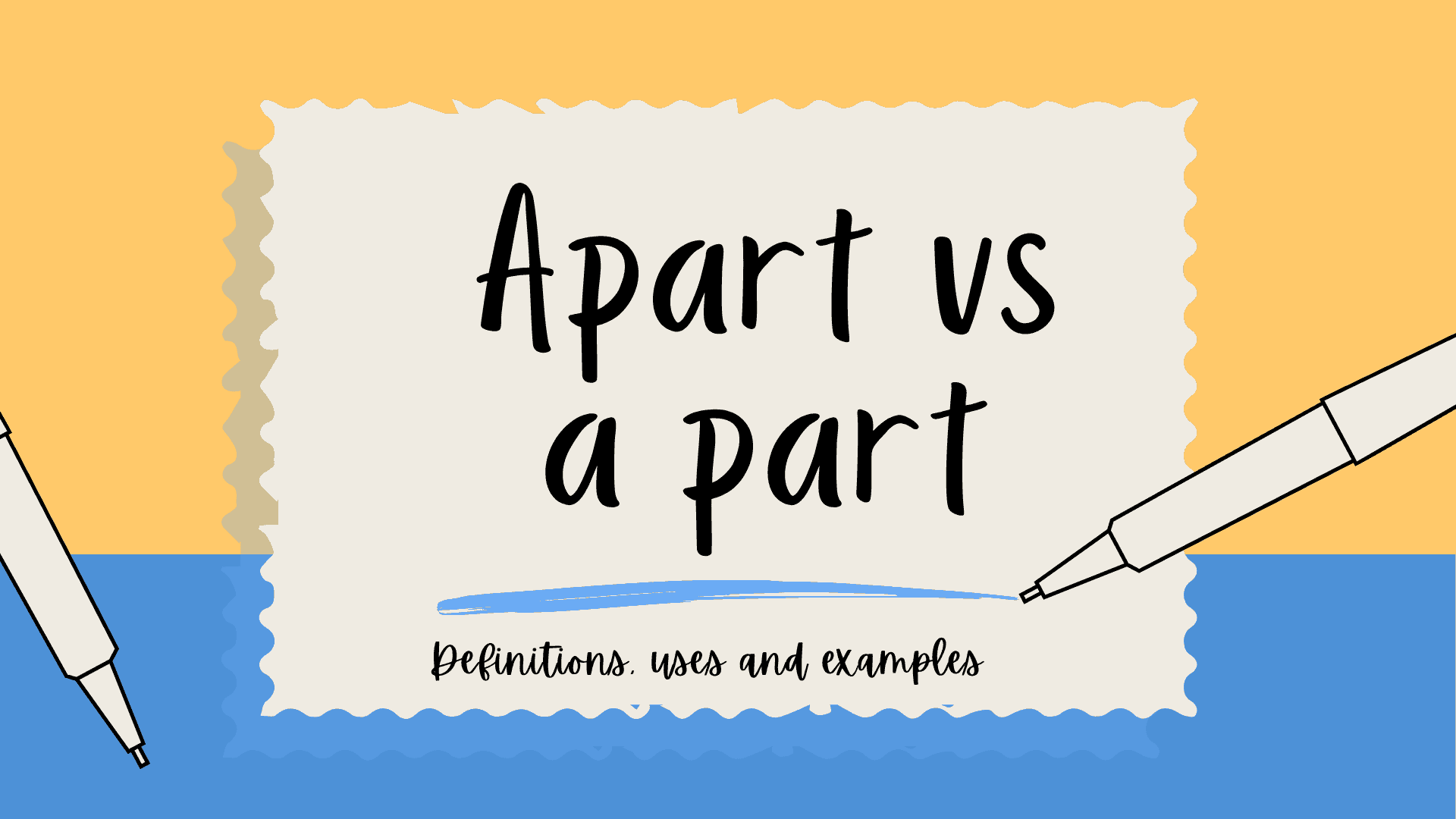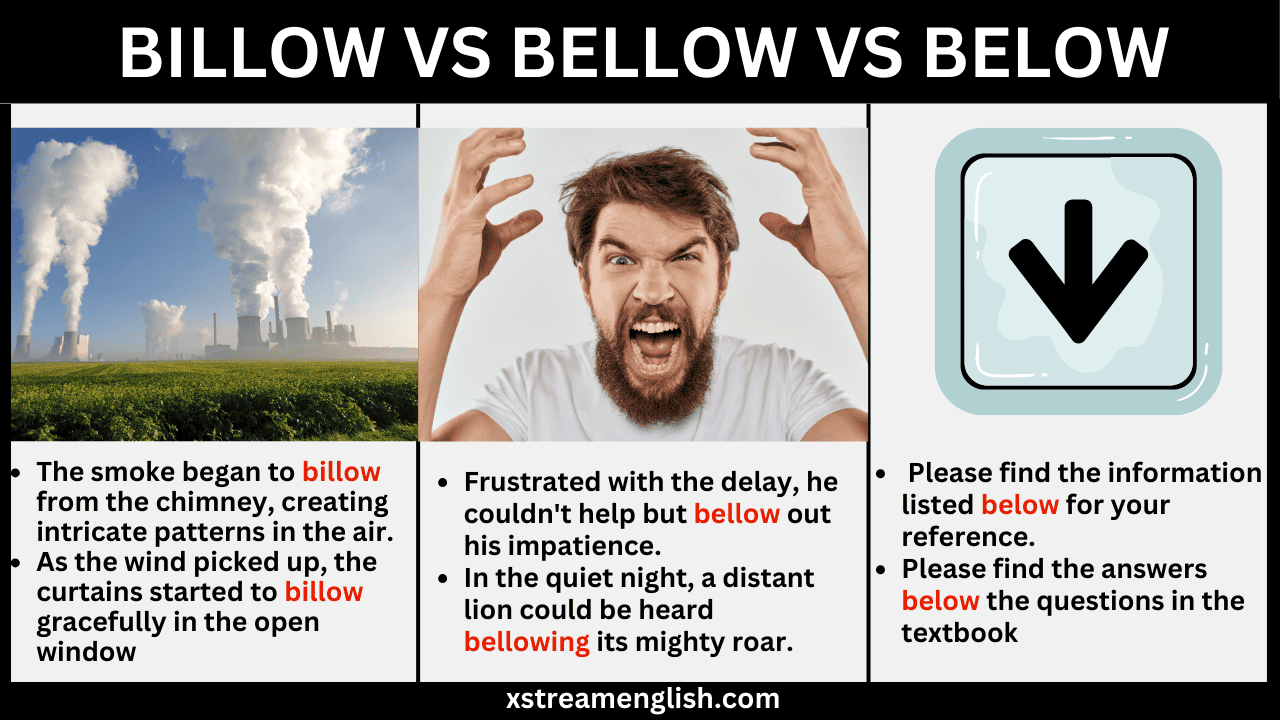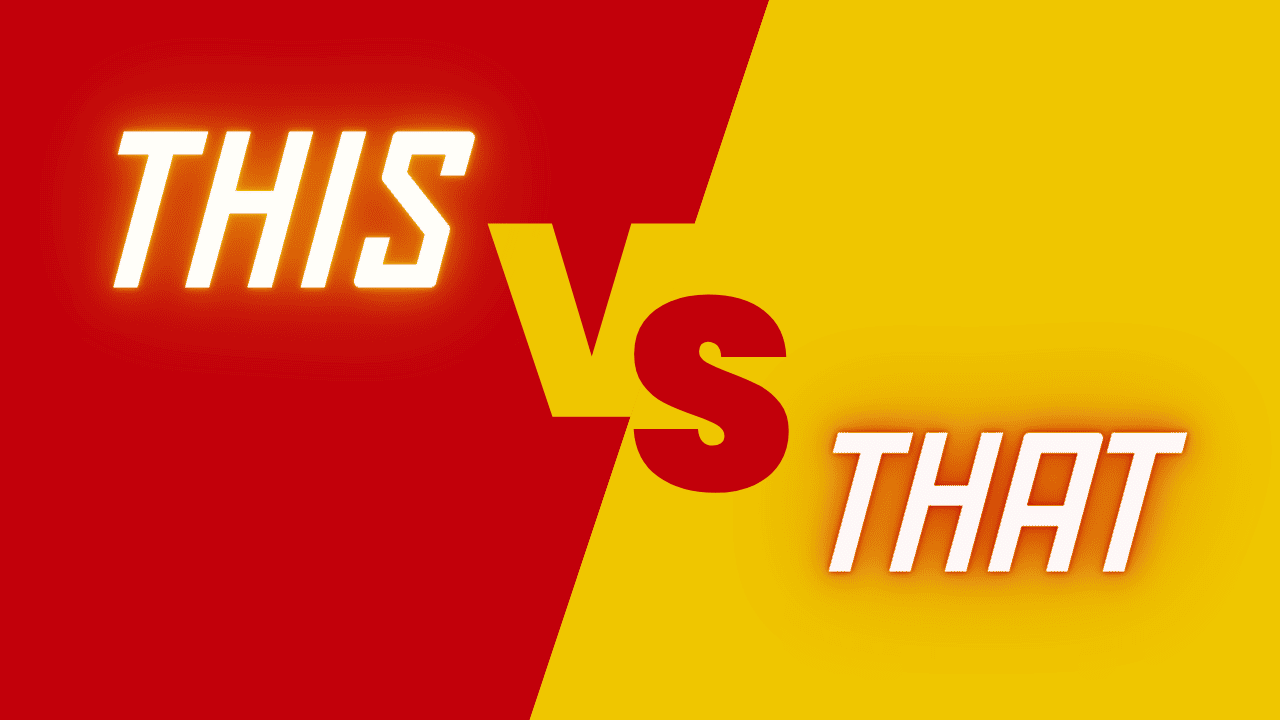Are you tired of getting confused between “too vs to” in your writing? Do you struggle with using them correctly, leaving your sentences feeling awkward or unclear? Don’t worry, because in this post we’ve got all the tips and tricks to help you master these two common English words once and for all. Whether it’s understanding their different meanings, knowing when to use each one, or avoiding the most common mistakes, we’ve got you covered. So let’s dive into mastering the use of too and to in your writing!

Too vs To – What’s the difference
Too means “in addition” or “also,” while to means “toward”
Too has two meanings
❶Too means “in addition” or “also,” For example
- I have a lot of work to do tonight. I can’t go out too.
In this sentence, the speaker is saying that they can’t go out in addition to having a lot of work to do tonight. If they wanted to say that going out is their only option, they would use to:
❷“too” to indicate that something is excessive:, For example
- I have too many shoes
This means that you have more shoes than you need or want.
To also has two meaning
❶ To is a preposition that indicates the direction, For examples
- I’m going to the store.
- I am going to the park.
❷“to” can be used as part of an infinitive verb phrase, For example- (to eat, to drink, to sleep)
He bought some flowers to give to his wife.

Examples of Too in sentence
Examples with “too” meaning “as well” or “also.”
- I can do it too.
- I went to the store too.
- I need milk, eggs, and bread too.
Examples with “too” meaning “in excess” or “more than it should be.”
- This dress is too big for you.
- You’re talking too loudly.
- I have too many shoes.
- You’re talking too loud and I can’t concentrate.
Examples of To in sentence
To + infinitive verb form:
- I agreed to leave him alone.
- I remembered to close the door.
- Did you remember to meet Rita?
- I prefer to go out at the weekend.
Examples of “to” that indicates the direction
- She is going to the wedding of her friend.
- Rohit is going to College.
- Send him to school.
- He went to the market.
Tips on Remembering When to Use Too vs To
If you’re like most people, you probably use the words “too” and “to” interchangeably. However, these two words actually have different meanings and functions. Here are some tips on when to use each one:
Too means “also” or “as well.” For example, “I’m going to the store too.”
To means “in order to.” For example, “I went to the store to buy milk.”
Here are some other tips to keep in mind when using these words:
If you can replace the word with “also,” then it’s probably too. For example, instead of saying “I went to the store too,” you could say “I also went to the store
– If you can replace the word with “in order to,” then it’s probably to. For example, instead of saying “I’m going to the store to buy milk,” you could say “I’m going to the store in order to buy milk.”
– Pay attention to context clues. If a sentence doesn’t make sense with one word, try using the other
To vs Too: the Synonyms
Synonyms of “To”
- Toward
- in the direction of
- close to
- Into
- Until
- Up to
- As far as
- To the extent of
- For the purpose of
- With the aim of
Synonyms of “Too”
- Also
- As well
- Likewise
- Besides
- Additionally
- In addition
- Too much
- Excessively
- Overly
- Abundantly
- Extremely
Conclusion
Learning how to use too and to properly in your writing is essential. With the tips we have provided, you can now confidently use these words in your written work. Remember that if you want to add emphasis or express a strong feeling, using two “to”s together is the way to go! Keep practising until it becomes second nature and soon enough, you will be able to spot when “too” or “to” should be used without having to think twice about it.



